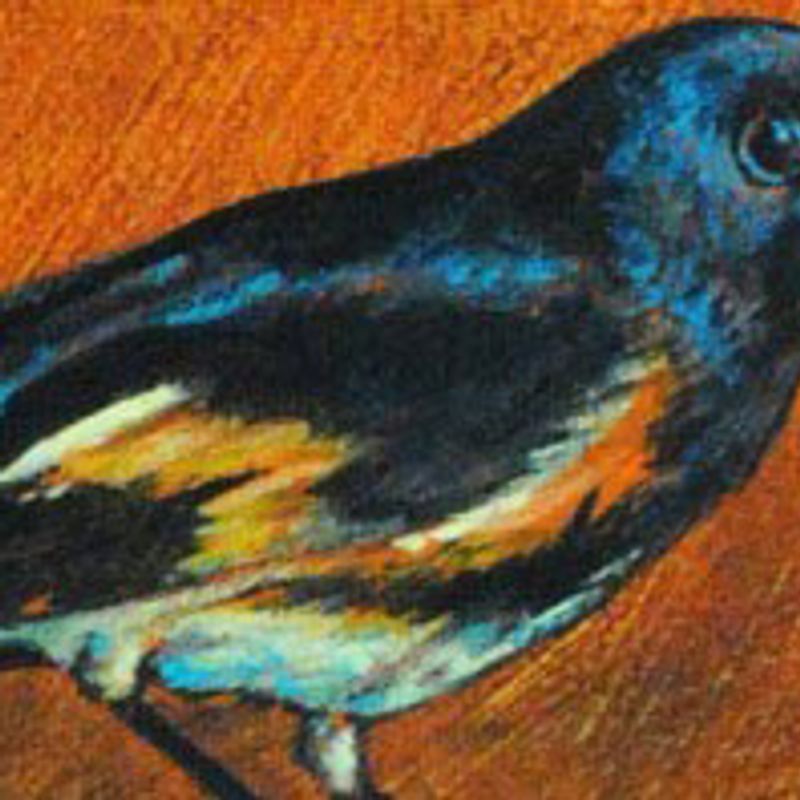The Bad Poetry Reading
by David KirbyIt’s not your fault that you didn’t like it. It’s the poems’ fault.
And the poet’s. The poems were bad, and he shouldn’t
have read them. Here’s why: every time you give a talk
or teach a class or play a guitar in public or stage a play,
there are always going to be several different kinds of people
in your audience, and if it’s a poetry reading, there will be
young people who have never heard poetry read aloud
and are there only because their teacher has made attendance
a course requirement, which makes this your
chance to pull them like fish out of the gray lake they’ve been
swimming in and release them into a sunlit sea. There’ll be
people who’ve been to hundreds of readings, their eyes in
a fine frenzy rolling from stage to audience, audience
to stage, but also someone who may hear poetry for
the last time tonight, an older person or a young fit one who
is about to have an aneurysm explode like a bomb in her brain
or, most likely of all, someone much like you or me driving home
when the reading’s over and coming to a two-way stop,
only the other driver doesn’t. Or there’s someone who’s
troubled, who feels as though life isn’t worth living, a man
whose woman has left him or a woman whose child has died:
it seemed okay when it was born, and then it died, and its mother
joined the countless women to whom the same thing
has happened, who knew what had happened yet
couldn’t keep from telling themselves that it hadn’t,
the way Mary Shelley did when she gave birth to a baby girl,
and after the child dies, Mary writes in her journal, "Dream
that my little baby came to life again—that it had only
been cold & that we rubbed it before the fire & it lived."
Say there’s a woman in your audience tonight who
has had that same experience. Are you going to read her
a poem about a shadow that chases another shadow
through an interior monologue, though no one knows
whether the second shadow is the same as the first
or another shadow altogether, and it all takes place
under ice? No, you’re not, no more than you’d read a poem
that says man that is born of woman is of few days,
that there’s no such thing as death, that the babies are
all in heaven, that their mommies will see them again
some day. Instead, you’re going to read something that is,
I don’t know, earthy, almost primitive, a poem
that comforts precisely because it’s not trying to, one that focuses on
the moment yet glances at everything that surrounds it,
perhaps a funny poem with a dark heart or a sad one that
provokes belly-shaking laughter or a poem that tells a wonderful story
even though it contains chewy little nuggets that are indifferent,
even hostile to story. You’re going to write an elemental poem,
one that has three dimensions: you can try for more,
as some people do, but you’ll probably end up with none.
And after you’ve written that poem, you’re going to try it
out on somebody, and they’re going to like it, because
you have written the poem that has the power to comfort
that grieving mother, console the lonely, give the hopeless
hope. And you can read that poem tonight. Or you can
read a bad poem, or more than one. What will you do?



